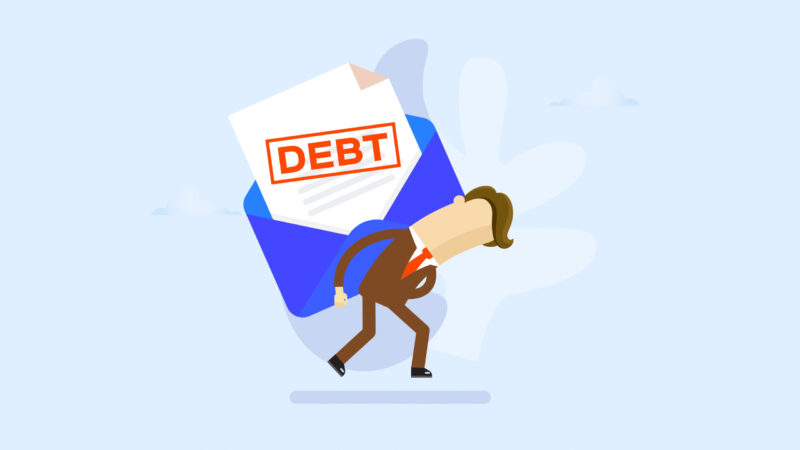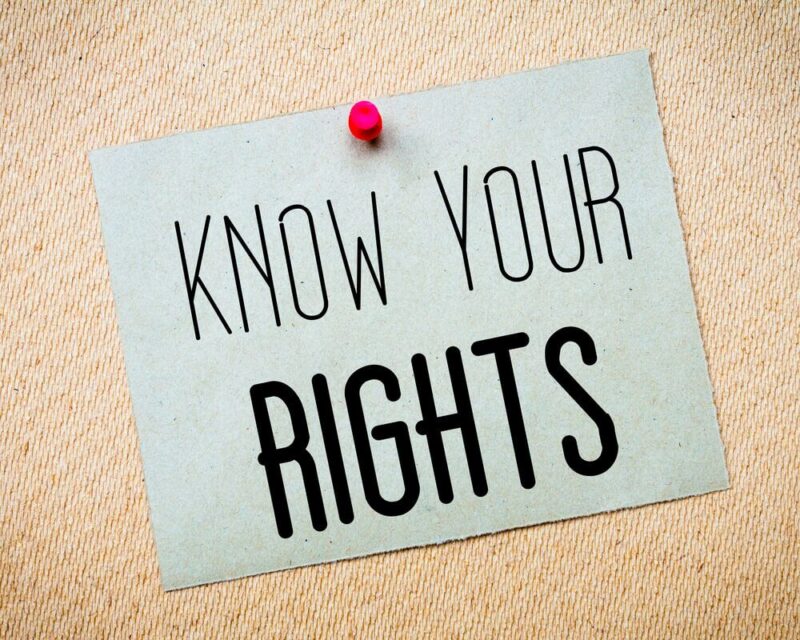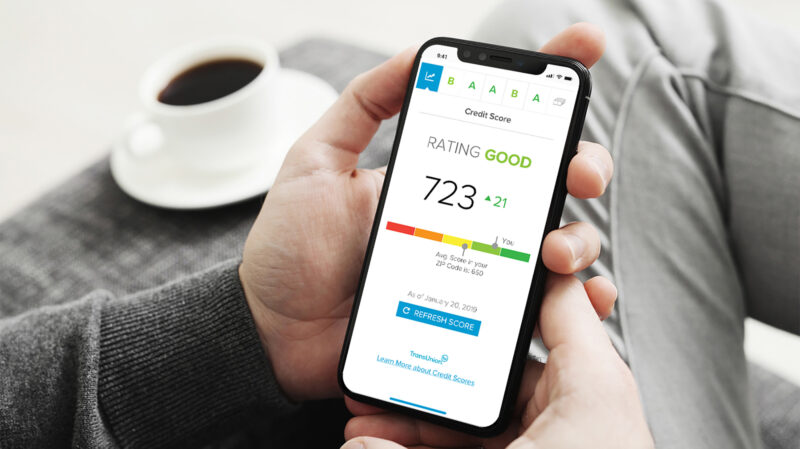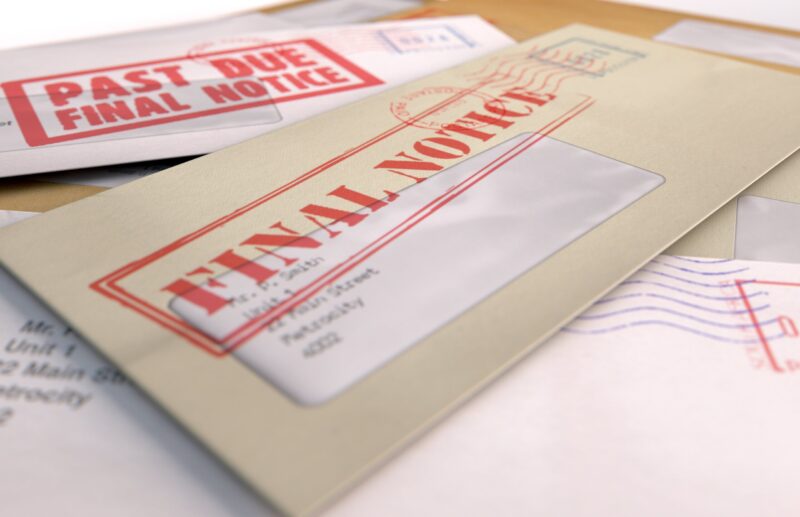Receiving a debt collection letter can be unsettling. These letters are formal notifications from creditors or collection agencies, indicating that you owe money. Responding to them is not just important, but essential in managing your financial situation.
Ignoring such letters can lead to escalated collection efforts or legal action. This blog post aims to equip you with legal tips and strategies to handle debt collection letters effectively. We’ll cover understanding the debt, validating it, communicating effectively, knowing your rights, disputing inaccuracies, negotiating payment options, requesting debt verification, using cease and desist letters, seeking legal advice, and monitoring your credit.
1. Understand the Debt
When a debt collection letter lands in your mailbox, the first step is to thoroughly review and understand the debt. This involves gathering all relevant information, such as the amount owed, the name of the creditor, and the history of the account.
It’s crucial to determine the legitimacy of the debt. In some cases, debts may be erroneously attributed due to clerical errors, identity theft, or other issues. Confirming the accuracy of the debt helps you decide the next steps. If the debt is unfamiliar, investigate further before acknowledging or paying it. Understanding the debt fully is your first line of defense in this process.
2. Validate the Debt

Responding to a debt collection letter effectively includes requesting validation of the debt. This is your right under the Fair Debt Collection Practices Act (FDCPA). Debt validation is a process where the collector must provide proof that you are indeed responsible for the debt.
You generally have 30 days from receiving the collection notice to request validation. This step is crucial, as it helps ensure the collection agency has the correct person and the accurate amount. It also serves as a safeguard against paying a debt you may not legally owe. If the collector cannot validate the debt, they cannot legally pursue collection efforts against you.
3. Communicate in Writing
Effective communication in these situations must be done in writing and to ensure you have everything in writing check this website. Written communication provides a verifiable record of your interactions and stands as evidence if there are disputes in the future.
When you draft a response to the collection letter, be clear and concise. Your letter should state your position, whether it’s requesting validation, disputing the debt, or acknowledging it. Additionally, maintain records of all correspondence, including the dates of sending and receiving letters. This habit is significant in protecting your rights and maintaining a clear trail of communication throughout the collection process.
4. Know Your Rights

Understanding your rights is paramount in dealing with debt collectors. The Fair Debt Collection Practices Act (FDCPA) provides a framework of rights protecting consumers from abusive or deceptive collection practices. Familiarize yourself with these rights.
For instance, collectors cannot call you at unreasonable hours, use abusive language, or falsely claim to be attorneys. Knowing these rights helps you recognize and challenge any unlawful collection practices. If a collector violates these standards, you have the right to file a complaint with the Consumer Financial Protection Bureau or seek legal recourse.
5. Dispute Inaccuracies
If your review of the debt reveals inaccuracies, dispute them immediately. This might include incorrect amounts, debts that are not yours, or those past the statute of limitations. Provide evidence to support your dispute, such as payment records or identity theft reports.
Accurate reporting is critical, as errors can negatively impact your credit score and financial health. When you dispute a debt, the collector must investigate your claim. During this period, they cannot pursue further collection efforts until the dispute is resolved.
6. Negotiate Payment Options

If the debt is valid and you acknowledge it, consider negotiating payment terms. Collectors are often willing to discuss repayment plans or settlements. Propose a repayment plan that fits your financial situation. This could involve reduced payments, a lump-sum settlement for less than what’s owed, or extended payment terms. Negotiating can lead to more manageable payment arrangements and prevent further escalation of the debt.
7. Request Debt Verification
There are situations where you might need to request debt verification. This is different from validation, as it involves the collector providing detailed information about the debt, including the original creditor and the breakdown of the amount owed. If the collector fails to provide this verification, they cannot legally enforce the debt. This step is crucial, especially if the debt has changed hands between multiple collectors.
8. Seek Legal Advice

Navigating debt collection can be complex, and at times, it’s wise to consult an attorney. An attorney specializing in consumer debt issues can provide guidance and protect your rights. If hiring an attorney is financially challenging, look for free or low-cost legal resources in your community. They can help you understand your options, deal with disputes, and even represent you in legal proceedings if necessary.
9. Cease and Desist Letter
If collection efforts become too intrusive or stressful, consider sending a cease and desist letter. This letter legally obligates the collector to stop all communication with you, barring a few exceptions like informing you of legal actions. It’s a powerful tool that can provide relief from persistent collection calls and letters. However, it doesn’t erase the debt, so use this option judiciously.
10. Monitor Your Credit

Debt collection can significantly impact your credit report. It’s important to monitor your credit regularly. Check for any incorrect information related to the collection and dispute it with the credit bureaus if necessary.
Maintaining a correct and up-to-date credit report is vital for your financial health, as it affects your ability to secure loans and credit cards, and even influences employment opportunities in some cases.
Conclusion
In conclusion, responding to a debt collection letter requires a careful, informed approach. From understanding and validating the debt to communicating in writing, knowing your rights, and possibly seeking legal advice, each step is crucial.
Remember to monitor your credit and maintain records of all communications. This blog post aims to empower you with knowledge and strategies to effectively manage and respond to debt collection. Understanding your rights and options is the key to successfully navigating this challenge.














